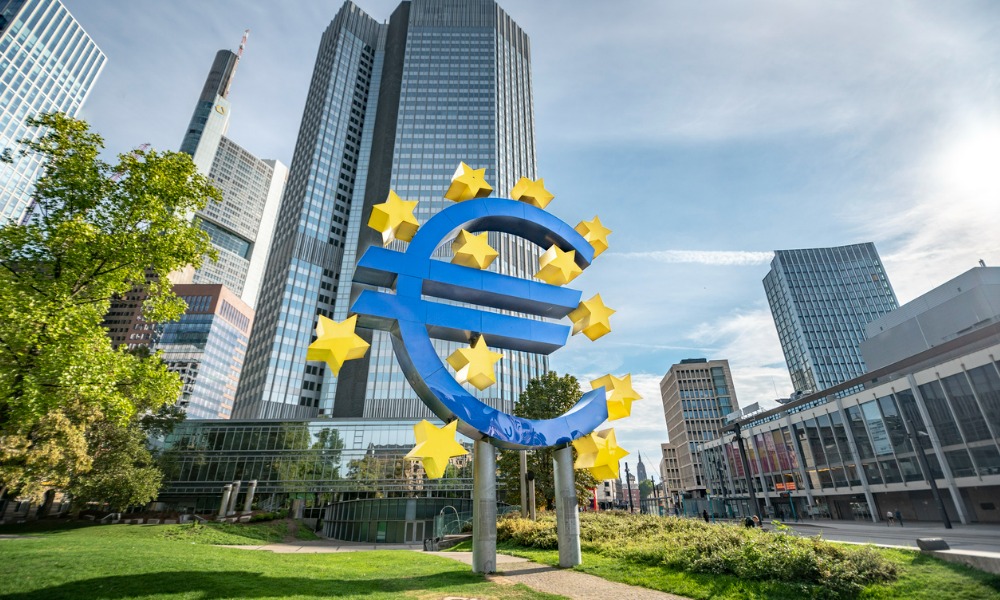

by William Horobin and Erik Hertzberg
European Central Bank President Christine Lagarde warned that international trade will be changed forever by the tensions over tariffs, even as the world’s leading economies edge toward some compromises.
“While it is fairly obvious that international trade will never be the same again, it’s also pretty clear that there will be further negotiations,” she said in an interview with the Canadian Broadcasting Corp. on the sidelines of the Group of Seven meeting of finance officials in Canada.
The gathering wrapped up on Thursday with a communique in which members glossed over their disagreement over the US administration’s tariffs.
The finance ministers and central bank governors focused instead on a collective call to address “excessive imbalances” in the global economy, an effort clearly aimed at China, though they didn’t name the country.
“There will be further movements on the part of all partners in the trade order to to probably reduce the major imbalances that we have and that we have had for a long time,” Lagarde said.
Speaking in a separate interview with Radio-Canada, the French-language public broadcaster, the ECB president said the impact of tariffs on inflation is hard to gauge for the central bank. There may be inflationary effects if Europe’s retaliation pushes up import costs, but in the short term there could also be deflationary impulses if there is a diversion of cheap Chinese goods into European markets, she said.
“The question of the impact of tariffs on inflation is very delicate,” Lagarde said. “There are lots of elements that are moving at the moment that we’ll be able to estimate the impact of as the negotiations advance and as this new context develops.”
In the euro area, inflation held at 2.2% in April due to stronger underlying pressures. But analysts forecast a reversal in May — probably pushing inflation even below the ECB’s 2% target. The European Commission expects it to even average 1.7% next year.
ECB officials are widely expected to lower borrowing costs in two weeks, with inflation heading toward the 2% goal and US tariffs weighing on the economy. That would be the eighth reduction since June last year, bringing the key deposit rate to 2%.
Copyright Bloomberg News

The two firms have also bolstered their ranks with additions from LPL, Morgan Stanley, and PNC Investments.

The tech giant's shares slumped following presidential blowback against its India offshoring strategy.

Nine out of 10 veterans polled, including one-third of younger respondents, see debt as a silent battle for dignity in the years after military service.

InvestmentNews speaks with lead LDI strategist Jeff Passmore.

Challenging conditions for investors as market remains pressured.
How intelliflo aims to solve advisors' top tech headaches—without sacrificing the personal touch clients crave
From direct lending to asset-based finance to commercial real estate debt.
